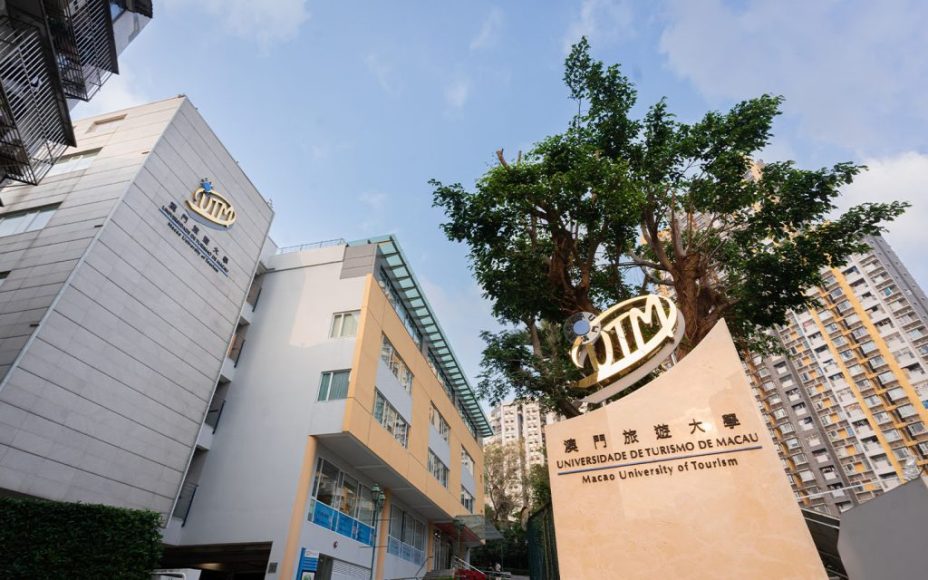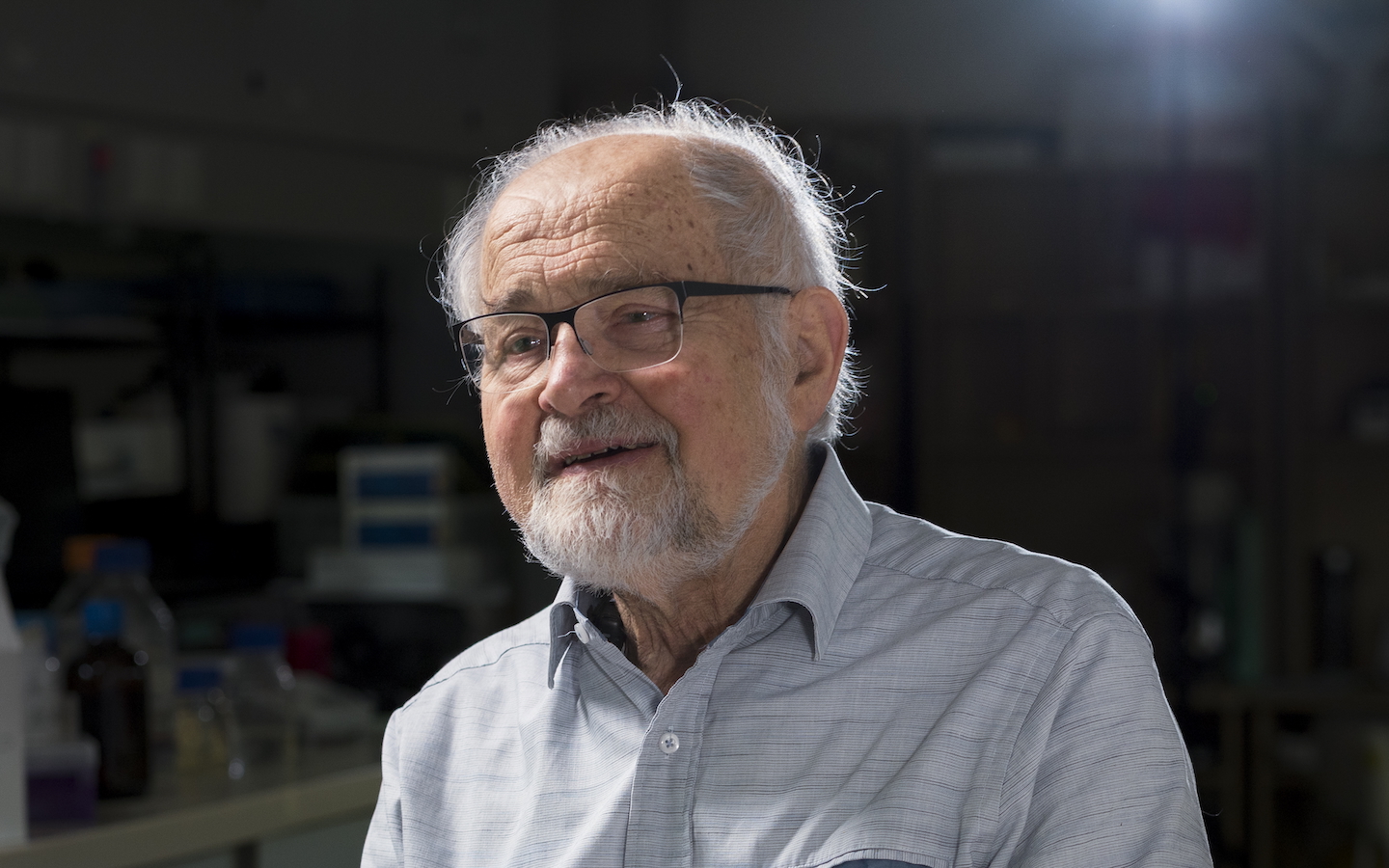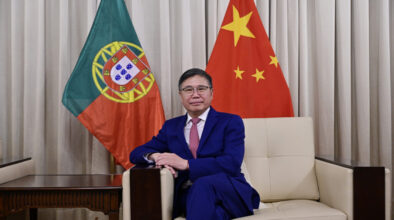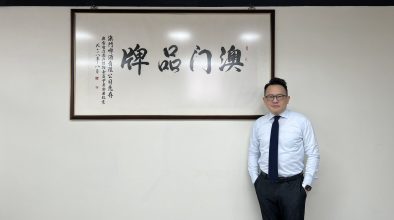Rare is it that a school changes its name. It is even more unusual for one that ranks in the global top 10 of its core programmes to rebrand.
But for the Macao University of Tourism, known by its Portuguese initials UTM, changing names was an important step forward, a matter of semantics that held deeper meaning.
Formerly known as the Macao Institute for Tourism Studies (IFTM), UTM officially rebranded on 1 April this year. The move from institute to university, according to the university’s leadership, better represented the quality of programmes available to students. Although it was only founded in 1995, making it remarkably young amongst its peers, the school has grown rapidly. In 2023, it ranked among the 10 best places in the world to study hospitality and leisure management.
As the school’s prestige has expanded, so has its student body. Currently, UTM has about 1,800 degree-seeking students. Since 2019, it has also welcomed post-graduate students.
In other words, UTM has outgrown its status as an institute and is ready for a new future as a university. This change may seem subtle, but it will have an impact on the university and Macao alike. Take it from Fanny Vong. In a recent interview, the UTM rector discusses the school’s growth, new courses that meet the needs of hospitality today and the partnerships that will benefit Macao as the school’s graduates embark on careers in an evolving world.
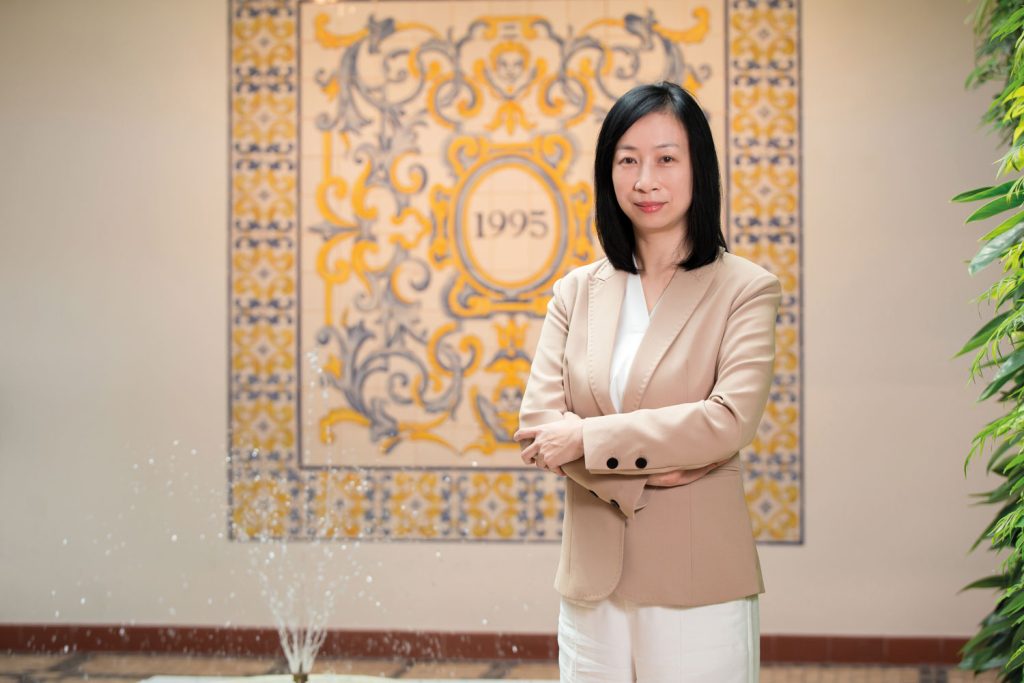
Walk us through your history as a higher education institute.
We’re celebrating our 30th anniversary next year. In education, that isn’t a long time. But we’ve been part of many significant milestones. The first was in 1995, when the school was formally established. That was a recognition by the government that tourism was going to be an important industry for Macao and we needed to nurture high-quality talent to contribute to it.
When the government liberalised the gaming industry [in 2001], it brought a lot of foreign investment into Macao and spurred a huge demand for manpower and human resources. Employers weren’t just looking for hands, but rather brains, people who could conceptualise and manage projects and properties. So UTM kept growing. We launched new programmes, we expanded in size.
Then came 2017. When Macao’s higher education law was passed [allowing tertiary institutions to launch new courses of study], we could offer postgraduate programmes for the first time. That lifted our profile. We no longer just provided bachelor’s degrees, but also master’s and doctoral programmes. That gave us the whole profile of a university.
How has the official change to university affected UTM?
We can be more ambitious and offer even more postgraduate programmes to meet the huge need [for high-quality talent] not only in local markets, but also in the mainland.
It also helps us gain a better foothold in international markets. Many of the most renowned universities around the world are well known because they are able to offer high-level programmes. We aim to do the same.
What else has changed now that UTM is officially a university?
As a university, there is no escaping your three major responsibilities. Number one is teaching. The second is research, pushing the frontier of knowledge. The third is community service.
We encourage students to come up with projects that support the community, especially Macao’s culture and heritage. Our students have helped to gather information about history, legends, stories – things that might be forgotten otherwise.
How many students are enrolled at UTM today?
Our degree-seeking student body is currently around 1,800. For non-degree, continuing education programmes, we have around 15,000 participants each year.
Currently, we graduate around 400 students a year. But that number is growing because we have expanded our intake. Last year, around 600 students enrolled at UTM. That was record-breaking. This year, we anticipate an increase of over 30 percent as we continue expanding our offerings – we’ll be launching several new programmes soon.
What relationship does UTM have with Macao employers?
We have very close connections with industry leaders. We’ve always responded to their needs quickly. Whatever employers need in terms of training, or in manpower development, we have been able to provide through corresponding programmes.
We work on two fronts: we provide timely, opportune training programs to meet immediate needs. But we’ve also launched programmes to satisfy long-term needs for high-calibre professionals in our industries and society.
How have Macao’s plans to diversify the economy affected UTM?
We are following the “1+4” strategy – the government’s economic diversification strategy – very closely. UTM has always been good at offering programmes that satisfy the needs of the tourism sector, such as integrated tourism.
But we’re also aware that we need to diversify our programmes and follow the trends. When we talk about tourism and hospitality, we’re not talking about jobs based on manual skills anymore. The world is changing. We have to equip our students with new sets of knowledge and skills. That is why we are modifying our programmes.
How are your programmes changing?
Two years ago, we launched a master’s programme in smart hospitality and tourism technologies. Last year, we launched another master’s in digital marketing. We are trying to blend traditional and new – with a focus on technologies such as AI and big data – so that when our graduates enter the workforce, they will be more creative, knowledgeable and adaptive.
Technology will absolutely change manpower requirements in the tourism industry of the future. We want our graduates to have [a familiarity] and be more aware of how it can enable them to work better.
Could you highlight partnerships you’ve established with other universities?
We have established “3+1” dual bachelor’s programmes with a few hotel schools in Switzerland. Students finish the first three years at UTM. For the last year of their studies, they go to Switzerland, and then they get degrees from both institutions – one from us, one awarded by our Swiss partner. We have also established a “1+1” dual master’s programme with the University of Queensland in Australia, and another with the University of Surrey in the UK.
How have these programmes benefitted students?
These are great ways of expanding our students’ horizons, to get them out of Asia so that they can understand how other parts of the world offer the best possible hospitality experience.
I think the students come back with a sharper worldview. They also help graduates when they’re job-hunting. Employers will look at their CVs and be pleased to see that they already have this international exposure. In this industry, you’ll always be working in multicultural settings. The earlier you are exposed to workplace diversity, the better equipped you will be to succeed.
What are the university’s future aspirations?
Our number one aim has always been to provide good quality education. We’ll never deviate from that. But we also want to diversify our programmes. Health and sports tourism can be the foundation for many industries. We must continue developing students who are multi-skilled, multitalented and versatile enough to jump over to other sectors and spur growth.
